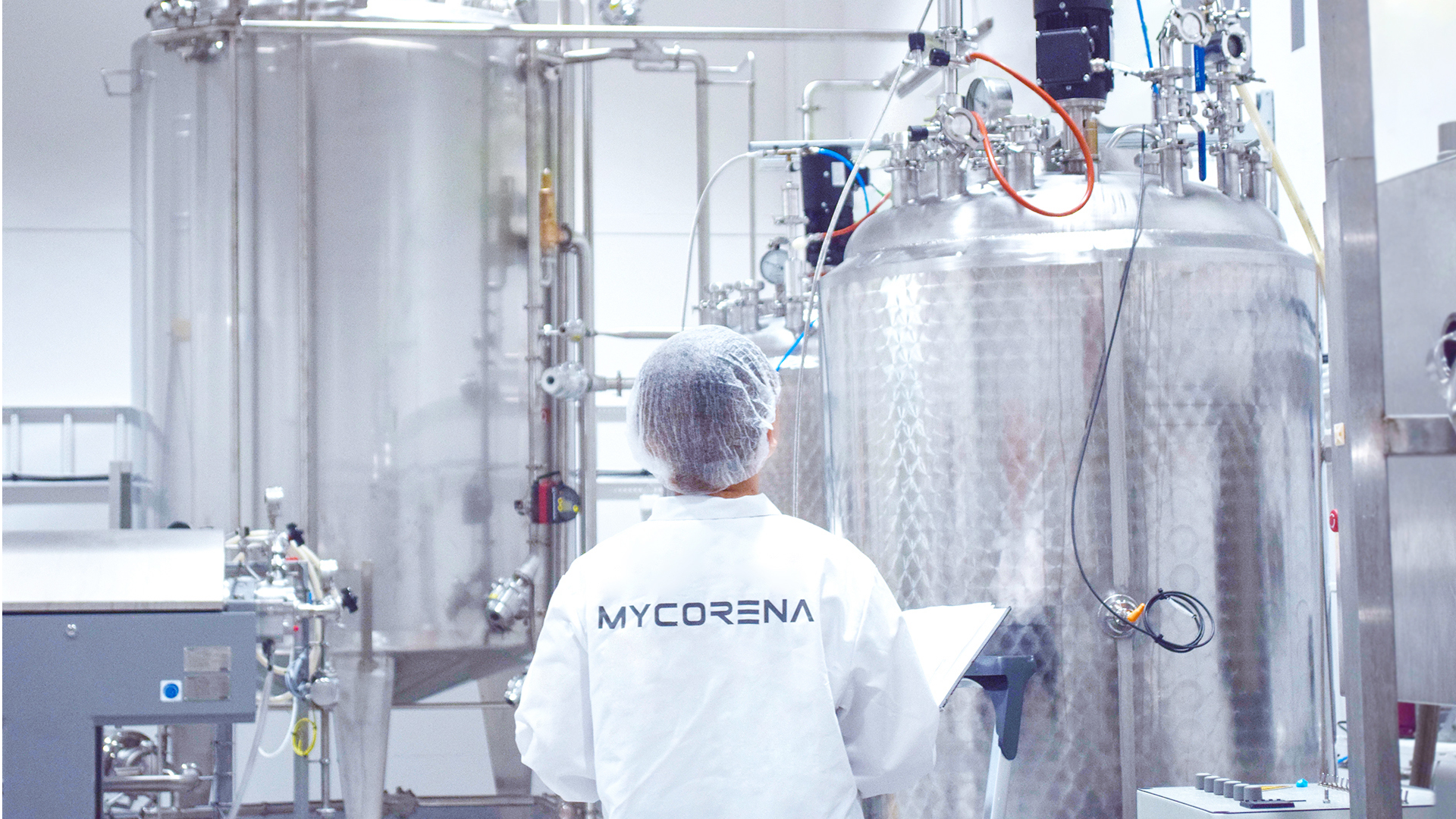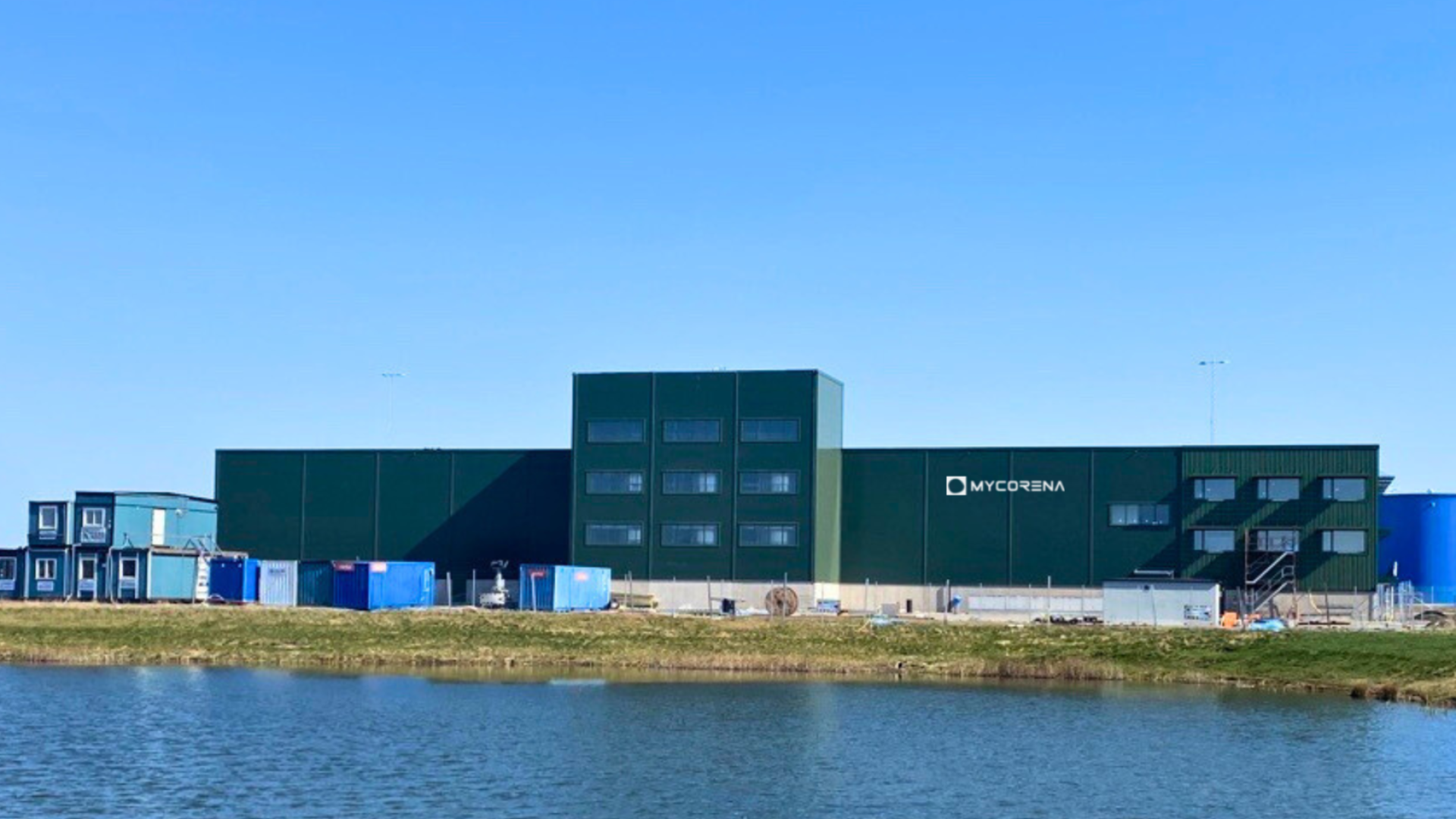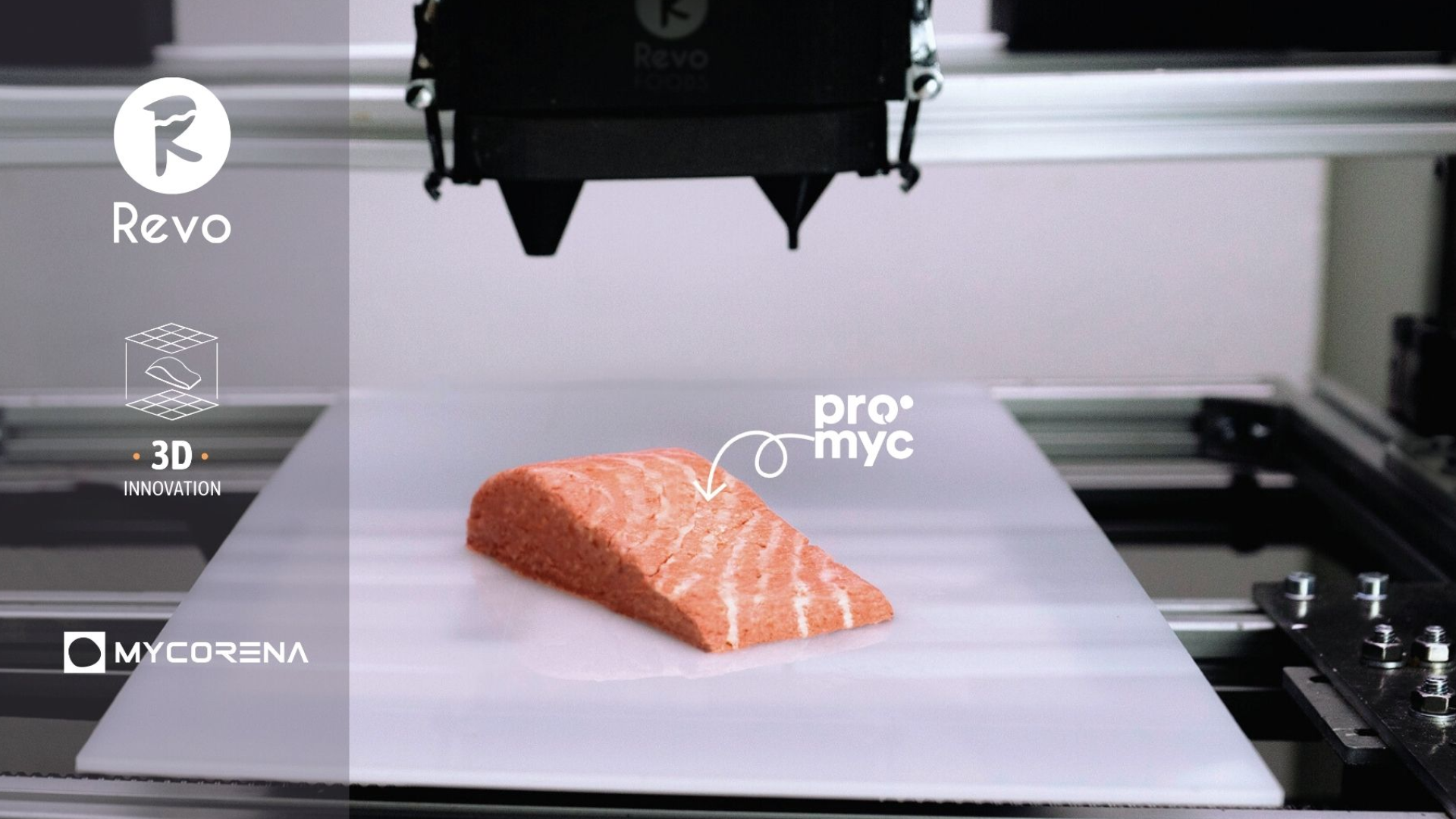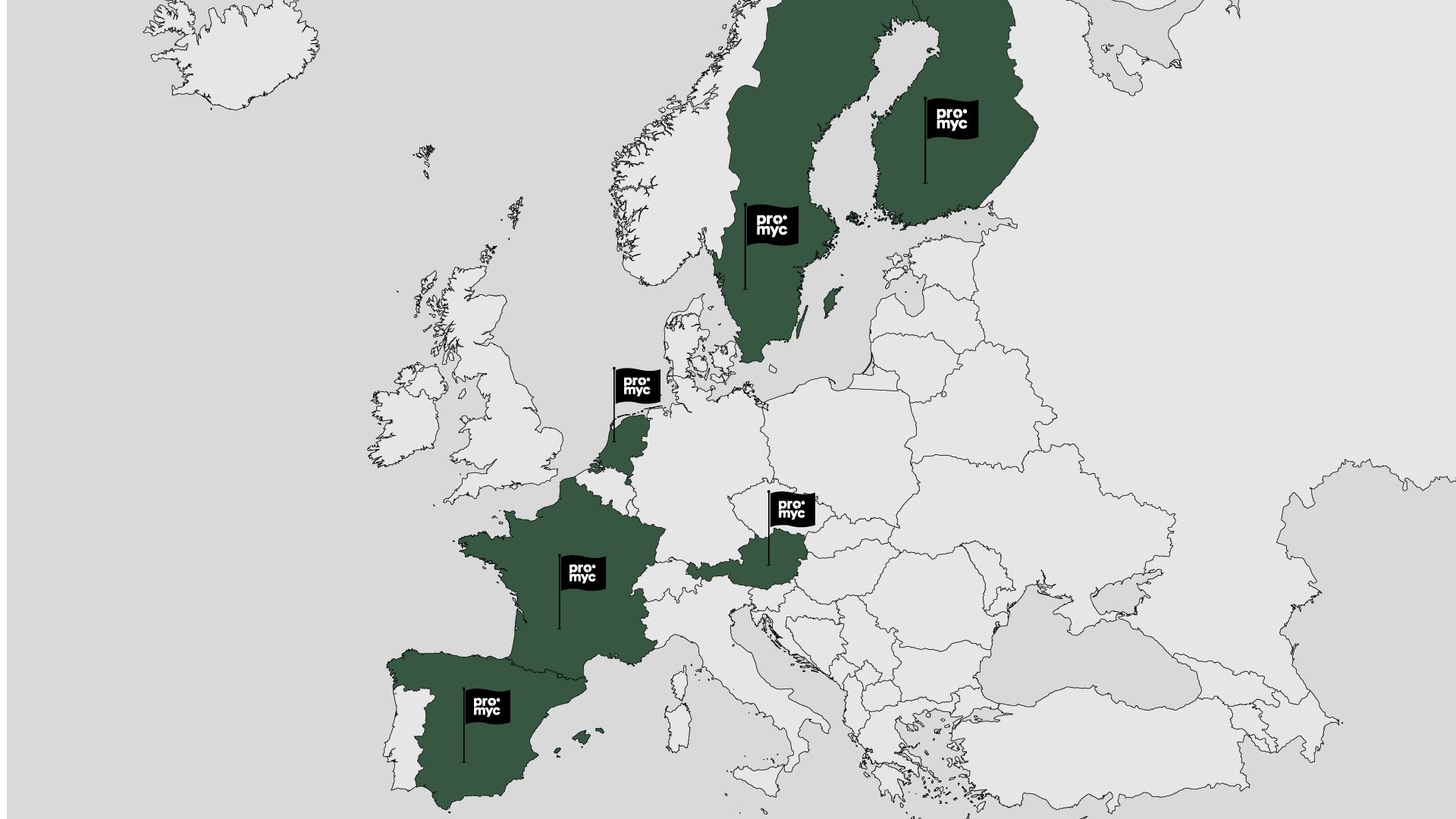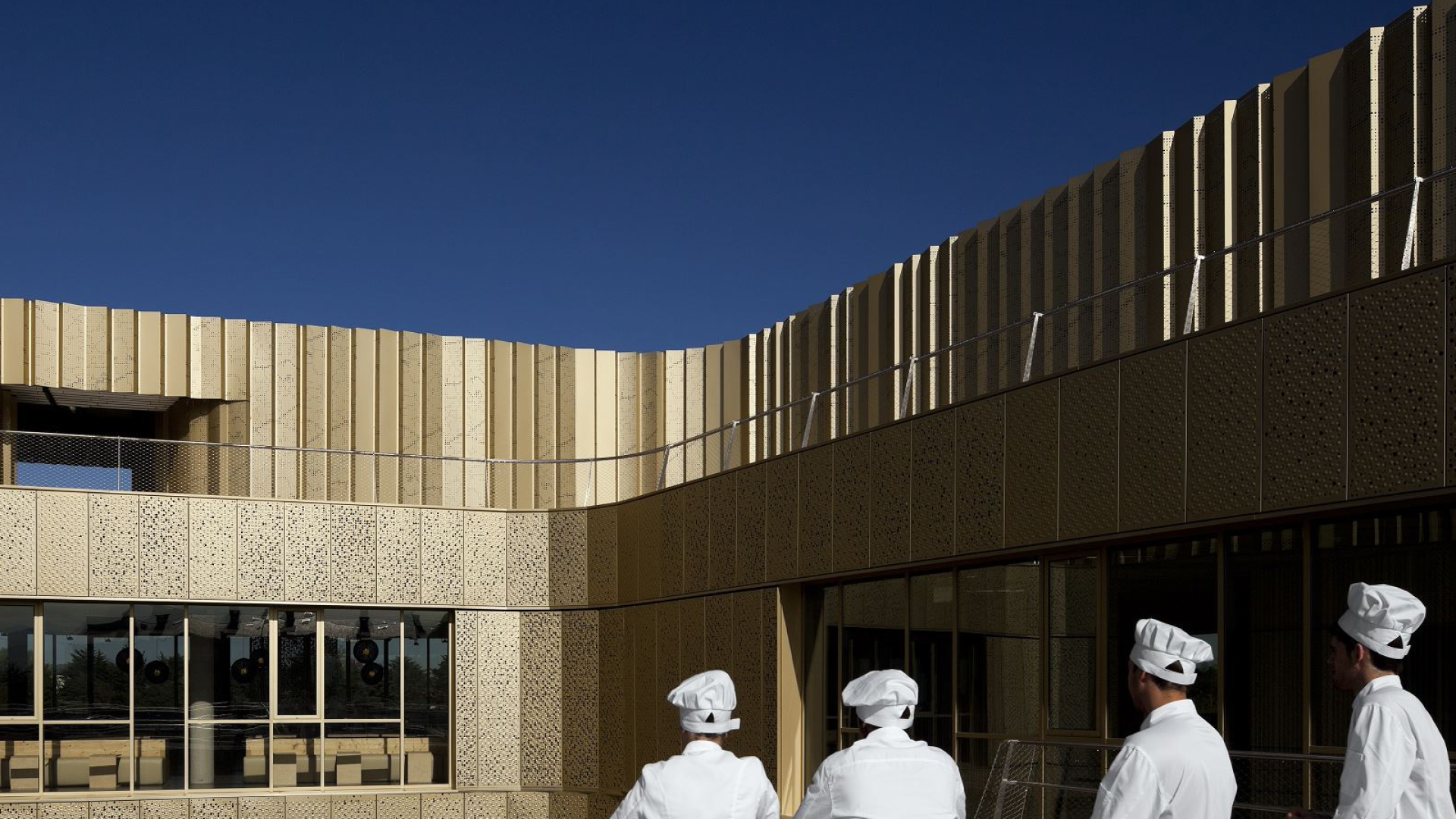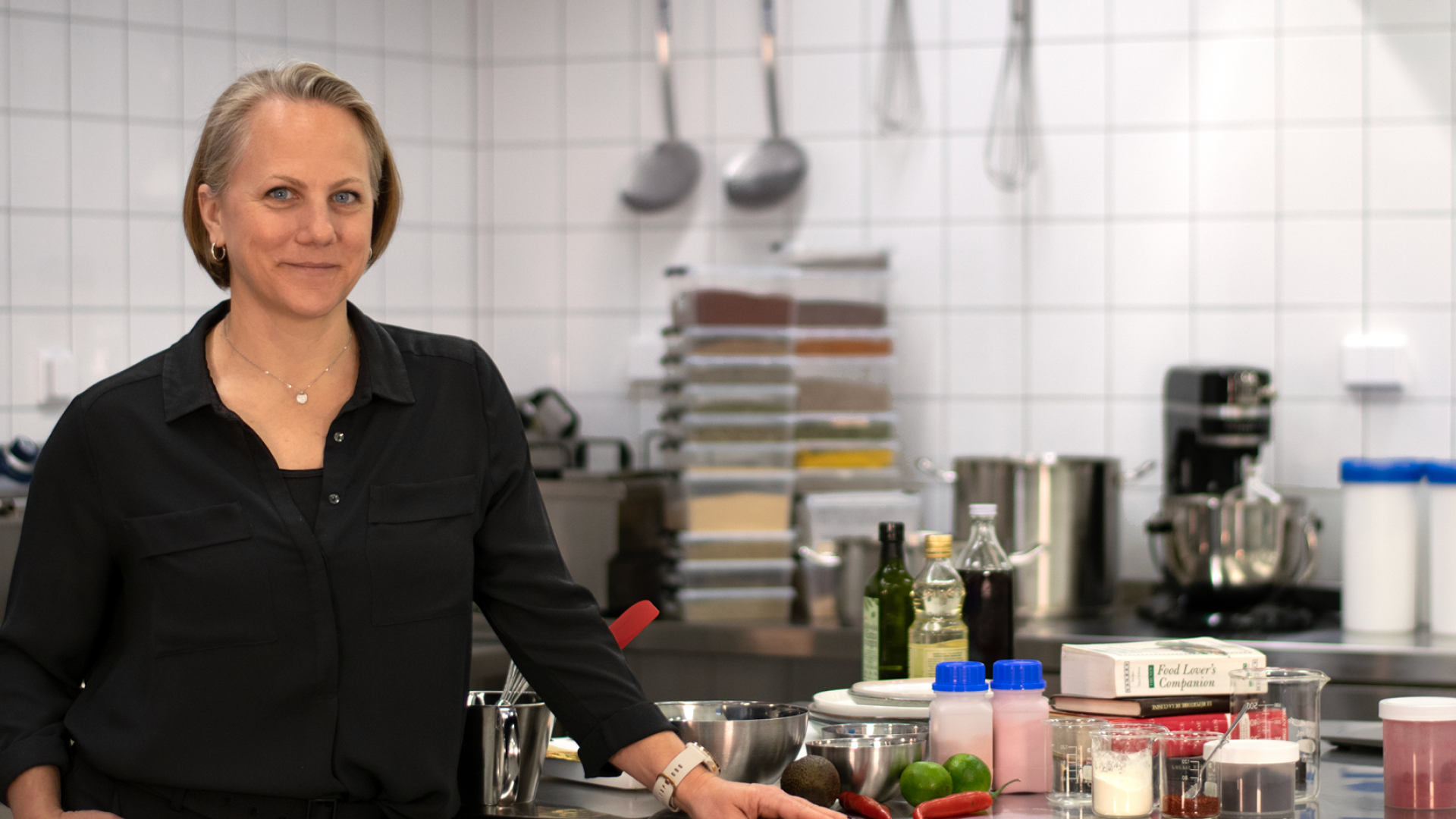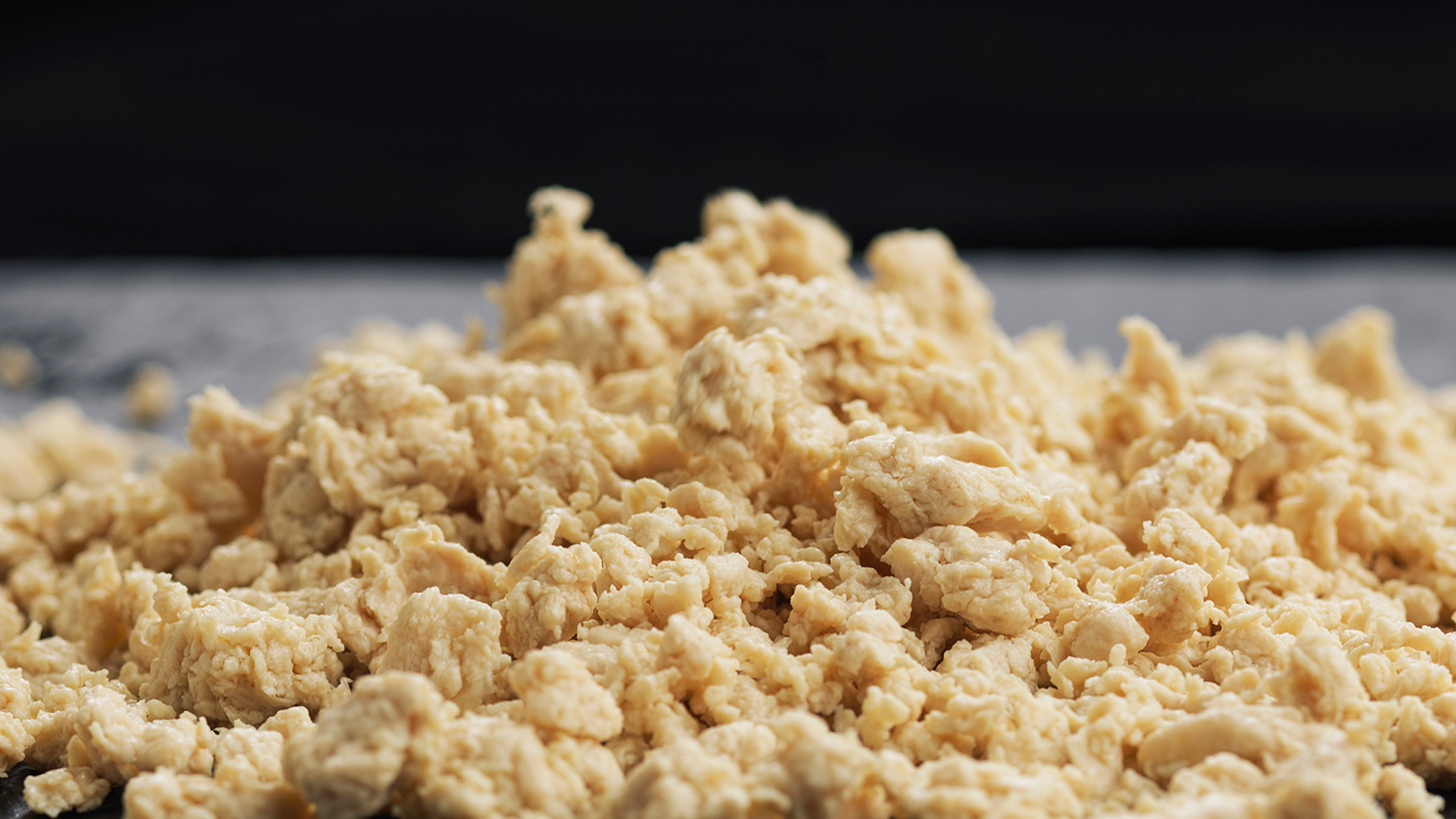Out of all food products, meat is by far the least sustainable.
Animal production alone is responsible for 15% of global greenhouse gas emissions. In Sweden, meat and dairy products are responsible for nearly three-quarters of the total emissions from food production (source).
The difference is astounding when comparing the environmental impact of a beef burger and a meat-free burger. Water use, land use, emissions, and eutrophication, are all aspects severely impacted by the meat industry. For example, a kilogram of beef burger results in 54kg of emissions, while the meat-free equivalent only produces 1kg (source).
The ramifications of the current meat industry are severe and necessitate a change in the system. A recent study published in Nature found that substituting meat for microbial protein such as mycoprotein would have a substantial environmental impact.
‘The beneficial effects on deforestation eventually plateau out. Swapping 50% of the beef consumed per person for mycoprotein would result in a more than 80% reduction in deforestation and carbon emissions, and replacing 80% of beef with mycoprotein would eliminate about 90% of forest loss. (source)’
So, by creating hybrids replacing half, or even more depending on the mix, of the meat with mycoprotein, it’s possible to mitigate environmental impact significantly. For example, the study shows that replacing only 20% of global beef consumption could halve deforestation and carbon emissions (source).
It is, however, not the animals themselves that are the issue. The climate footprint of livestock depends on how they are bred, where, and in what quantities. Beef farming is one of the major driving forces of global deforestation (source).
The IPCC and the UN Climate Change Report call for urgent measures regarding global land use and agriculture due to the severe impacts of global warming and accelerating deforestation in the Amazon. To curb the crises, we need to change our diet.
The reality is that the environmental repercussions of the meat industry aren’t just about greenhouse gas emissions. Breeding livestock requires far more resources in terms of land and water than growing grain, legumes or vegetables (source). But, there are still far more efficient ways of production. Fermentation is one of the most efficient ways of production, requiring less land and less water than other proteins. Moreover, it’s faster.
As reported by WWF, cattle ranching and the subsequent deforestation cause the release of 340 million tonnes of carbon into the atmosphere annually (source). Moreover, changing our diets and mitigating deforestation are crucial to preserving biodiversity. Agriculture and overfishing at the current rate will result in the massive extinction of species (source).
Another harsh reality is that contrary to what many might believe, very few animals are actually grass-fed. Some animals, such as poultry and pigs, can’t eat grass, and ruminants are often grain-fed. In the U.S., about 4% of the beef market is grass-fed (source). About 70% of global freshwater supplies go towards agriculture, of which a third is solely for animal feed. By reducing meat consumption, feed production could be halved or reallocated directly toward human consumption.
Overall, avoiding the consumption of meat or eating less meat is substantially better than buying sustainable meat.
One of the most prominent climate initiatives in the world is Meat Free Monday, a non-profit campaign to raise awareness of the environmental impact of animal agriculture and industrial fishing. Refraining from eating meat one day per week would save massive resources; annually, it would spare 1.4 billion animals and 100 billion gallons of water in the U.S. alone (source). Imagine the resources saved by halving meat consumption every meal.
Experts claim that we need a radical transformation, which we could achieve by substituting half of our meat consumption for a more sustainable option, such as mycoprotein.
The era of hybrids is here.

